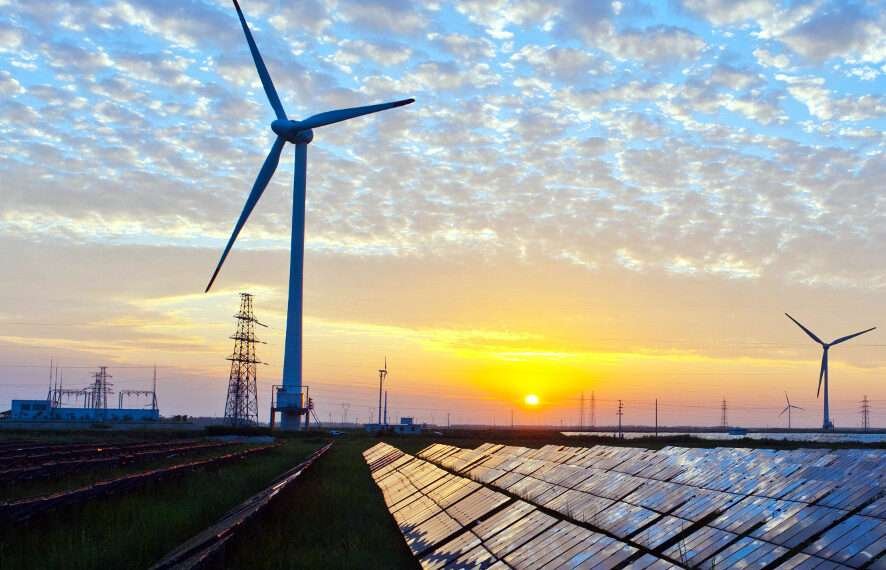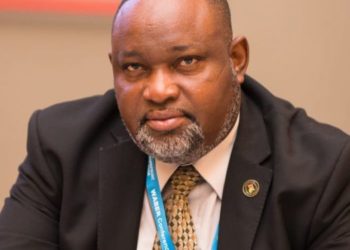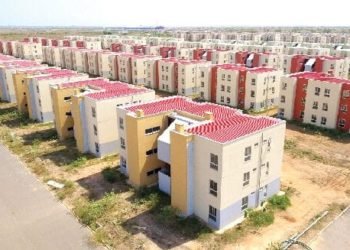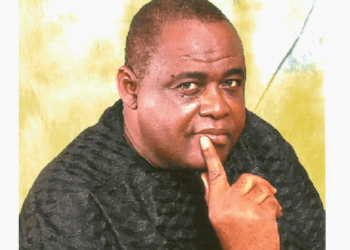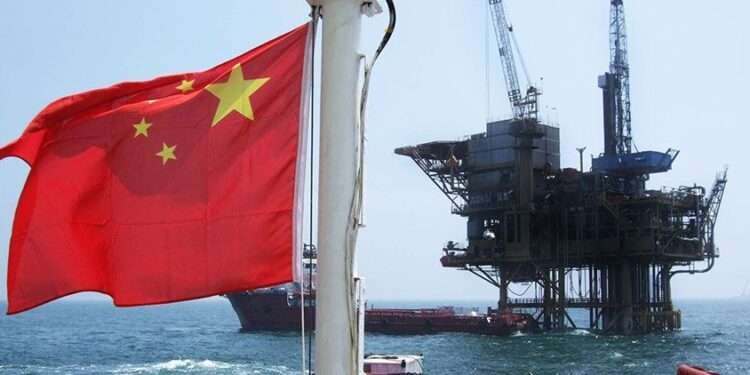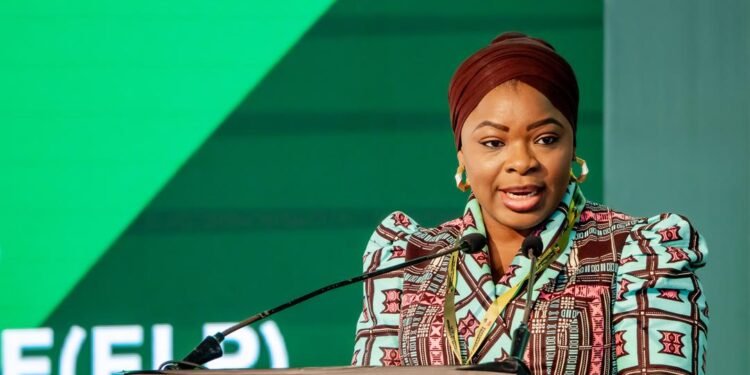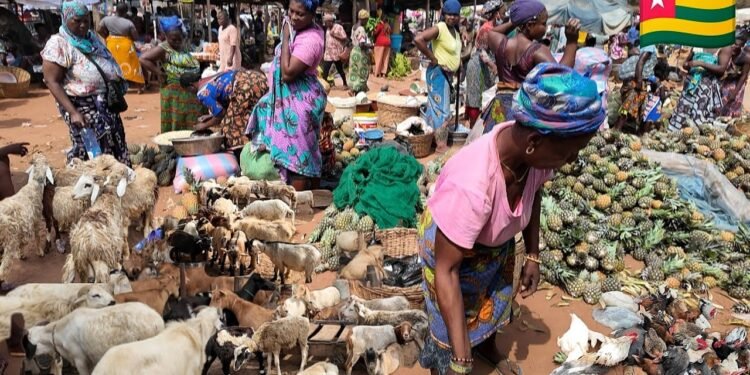African Energy Chamber in its Q1/2023 State of African Energy report has stated that oil and gas are expected to play a long-term role in Africa’s electricity mix.
According to the Chamber, Africa is currently heavily dependent on fossil fuels for power generation. Meanwhile, the Chamber noted that about 75% of the power generated in Africa between 2022 and 2023, is estimated to be generated using oil, gas and coal.
“A cumulative 60% of the power generated in 2030 is expected to be from fossil fuels with oil and gas generating about 40%. Even 2040 forecast suggests close to 37% of the power generated will be using oil, gas and coal with coal still playing a 9% role and natural gas accounting for over a quarter of the power generation.”
African Energy Chamber
Any Cause for Concern?
The report is definitely a cause for concern to energy transition crusaders. According to the Chamber, they will be worried about this projection because the world is trying to transition to renewable sources and if Africa is still expected to depend heavily on fuel, then success is still miles away.
This, the President of the African Development Bank (AfDB), Dr Akinwunmi Adesina defended the continent, noting that Africa must have natural gas to complement its renewable energy. “Energy access deficits are not a secret and there is a need to tackle the challenge”.
Dr Akinwunmi Adesina maintained that even if Africa were to triple its production of natural gas from current levels, its contribution to global emissions would only rise by 0.67%.
“Natural gas is needed to balance out the electricity supply given the intermittent nature of renewables. We must recognize the special nature of Africa. Africa has the highest level of energy poverty in the world. My interest is how Africa uses natural gas as part of its energy mix to provide electricity for 600 million people today that don’t have access to electricity”.
Dr Akinwunmi Adesina
UAE Climate Tech Conference
At the just concluded UAE Climate Tech conference, COP 28 President and UAE Minister of Industry and Advanced Technology, Dr. Sultan Al Jaber, called on global stakeholders to work towards reducing emissions, not energy access.
According to Dr. Al Jaber, global stakeholders need to leverage climate technologies to build a new economic development model based on putting an end to emissions, while breathing new life into economic growth.
Al Jaber believes the world can still use hydrocarbons, and at the same time, all countries must do everything in their power to reduce and eventually eliminate the carbon intensity of that energy.
Meanwhile, Africa’s visions for the energy transition vary significantly across the continent – but certainly include more than decarbonization. Two recent documents provide a sense of how leaders across Africa conceive of their priorities. The Kigali Communique, “Ensuring a Just and Equitable Energy Transition in Africa,” was signed in May 2022 by high-level representatives from the Democratic Republic of the Congo, Ghana, Kenya, Malawi, Morocco, Nigeria, Rwanda, Senegal, Uganda, and Zimbabwe and sets out seven principles for a transition.
And the African Common Position on Energy Access and Just Transition, led by the African Union Commission and other pan-African institutions, articulates a similar framework. Both documents conceive of an energy transition that includes: Achieving universal access to modern sustainable energy; powering economic development, industrialization, and job creation; and deploying clean technologies to decarbonize energy systems and put Africa on track for climate-friendly development.
The continent’s ability to ultimately achieve these goals will be shaped by a combination of technological innovation, cost reductions, climate ambition, and the support provided (and constraints imposed) by international partners including the United States. This section assesses where Africa stands today in achieving each of these three goals, with a particular focus on the electricity sector.
Ensuring universal access to “affordable, reliable, sustainable, and modern energy for all” by 2030 is one of the United Nations’ seventeen Sustainable Development Goals and is the first of the Kigali Communique’s seven principles, indicating the degree to which many African countries consider it a primary development objective.



